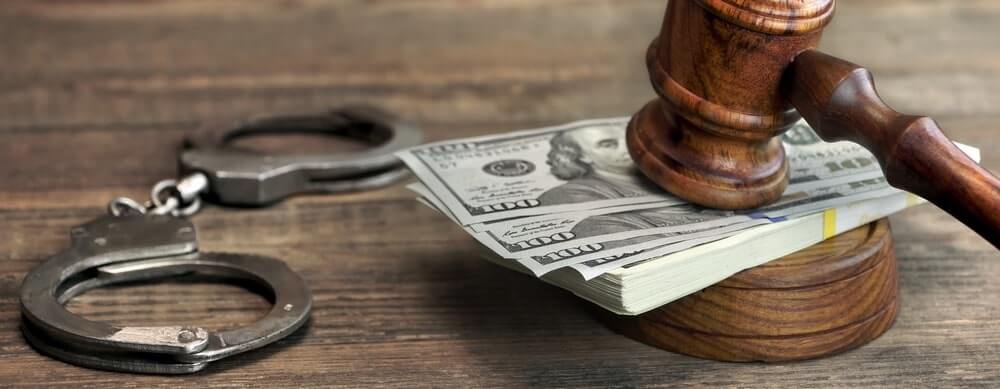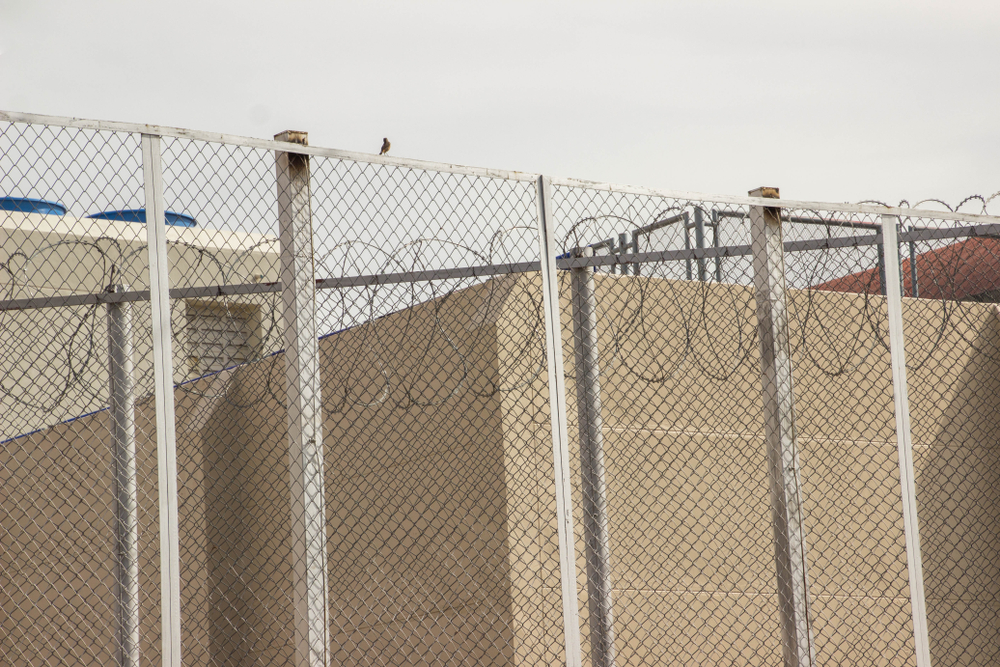When charges are dropped, the handling of bail money depends on the type of bail that was posted.
Here’s what typically happens to bail money if charges are dropped…
- Cash Bail – If cash bail was posted directly with the court, it is usually returned to the person who posted it. However, some administrative fees or court costs may be deducted before the refund is issued.
- Bail Bond – If a bail bond was obtained through a bail bondsman, the fee paid to the bondsman (usually a percentage of the total bail amount, often 10–15%) is typically non-refundable, even if the charges are dropped. This fee is the cost of the bondsman’s services. However, any collateral that was provided to secure the bond should be returned to the person who provided it.
- Property Bond – If property was used as collateral for the bond, such as real estate, it should be released back to the owner once the charges are dropped. The court will release the lien on the property.
- Personal Recognizance (PR) or Release on Own Recognizance (ROR) – If the defendant was released on their own recognizance, meaning they were not required to pay bail, there is no bail money to be refunded.
The process for refunding bail money can vary depending on the jurisdiction and specific court procedures. Any outstanding fines or fees owed by the defendant may be deducted from the refunded bail money before it is returned.





